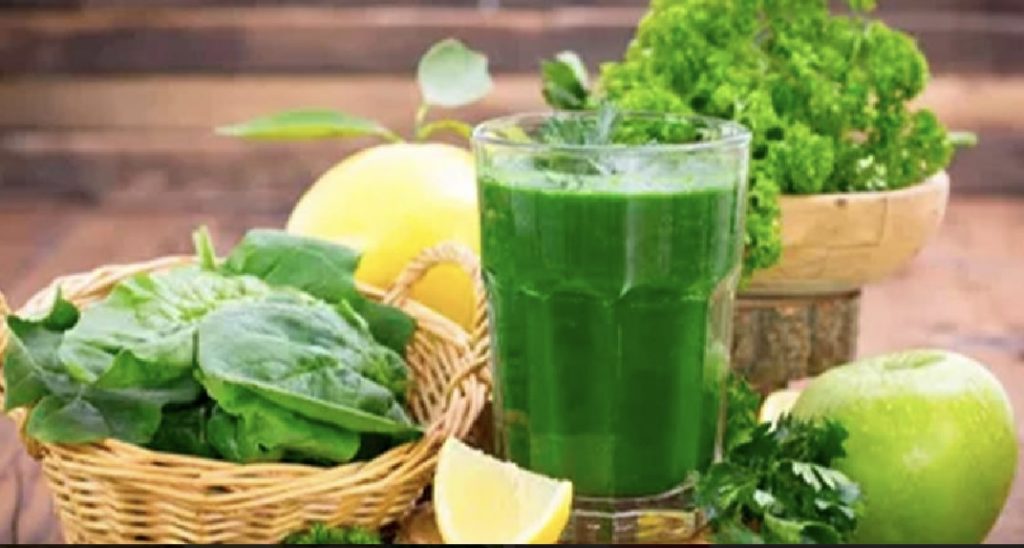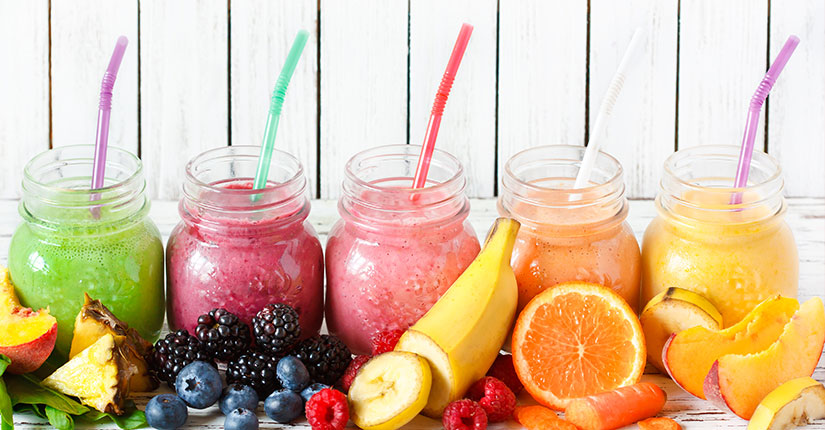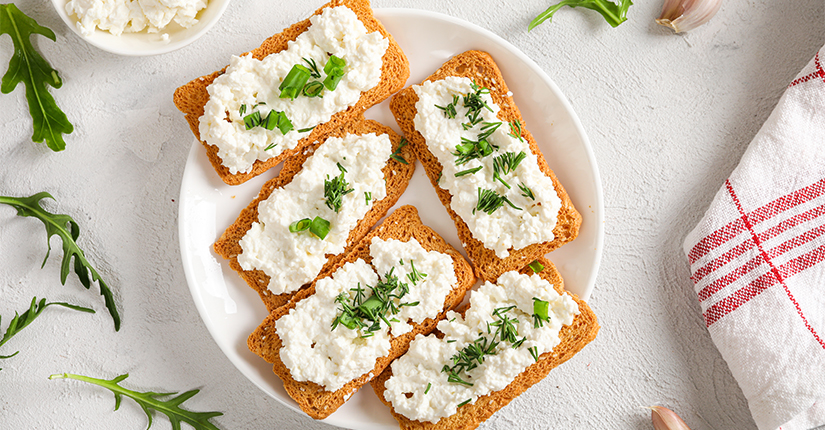7 tips on how to get complete nourishment in your budget
By Nmami Agarwal 01-Mar 2023 Reading Time: 6 Mins

It is very expensive to stay healthy! Commented a middle aged lady trying to lose weight.
She was advised to eat only organic food, including more dried fruits and nuts in her diet. She went in search of avocado since it is one of the very good sources for omega 3 fats. She used to include all varieties of exotic fruits and vegetables in her diet to get that ‘extra nutrition’. Some of them were not seasonal and hence very pricey.
Is this the right approach to good health? Or do we have an alternative?
This lady is working in the right direction – including more fresh produce, foods rich in good fat and avoiding processed foods. However she needs more knowledge on different varieties of the same food group which are much more economical, at the same time give the same health benefit.
Here are some of the tips to help you plan better and make food choices that can be within your budget –
- Include more local and seasonal foods
Nature has provided different varieties of food for different seasons e.g mangoes in summer and oranges in winter. Buying mangoes in winter even if it is available is not only high in cost but also does not give the same nutritional benefit as it gives in summer. Stick to the fruits and vegetables grown locally, this helps in cutting down the transport/storage time giving you the produce with maximum nutrients plus within your budget.
- Knowledge about different sources of nutrients
Looking for high protein foods in your protein deficient diet but find chicken/almonds expensive? There are many alternatives which are light on your pocket but nutritious at the same time. Including nuts like peanuts (10g gives 3g protein) have more protein as compared to almonds (10g gives 2.5g) and is also cheaper. Another example is bajra roti (2 roti = 7.5g protein) which is a good replacement to quinoa (1 cup = 8g protein). So choose wisely! Expensive foods are not the only ones with high nutritional value.
- Organic – yes/no?
Organic food is very expensive, that is the common complaint. But did you know, there is not much difference in the nutritional quality between organic and local produce. However, organic food is grown naturally without any chemical fertilizers/pesticides and hence it is safe. Buy from the local farmer (farm to plate) directly or buy from a farmer’s sale, this cuts the cost. Alternatively, if you have space, start growing your own vegetables and greens.
- Plan wisely
Planning a weekly menu in advance cuts down unnecessary buying and wastage. Planning also ensures that we take into account the seasonal produce and also include varieties of foods from different food groups.
- Cut down on eating out
Home delivery of food has made it convenient to book and order food from restaurants and hotels – they are not only expensive but also nutritionally inadequate. Cook at home as much as possible, keep it simple ghar ka khana and eat the meals guilt free.
- Stick to Indian locally grown produce
Did your neighbor advise you to have kiwi for high vitamin C to boost your immunity? We can get the same vitamin C from Amla/gooseberry instead. Even though many exotic fruits are imported from different countries, it does not mean that only the imported foods have a high nutritional value. Many fruits which are locally grown like amla, guava, grapefruit, oranges, sweet lime etc are rich sources of Vitamin C.
- Illness is more expensive than good health
The cost of managing or curing a disease/disorder is much more expensive than the cost of keeping good health.





















